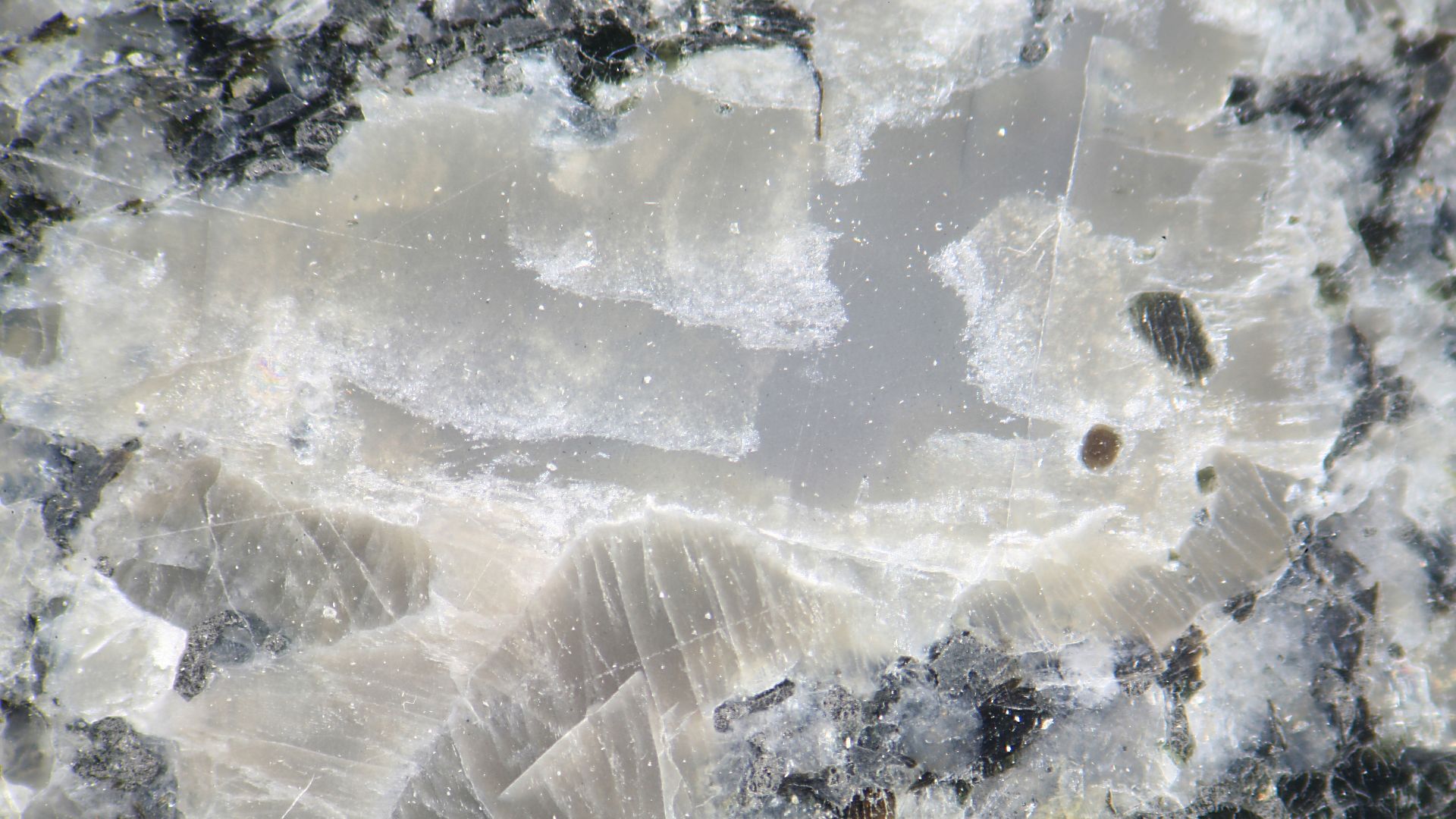Don't Be a Philistine
 Vince Kotchian•December 31, 2024 at 9:00 PM
Vince Kotchian•December 31, 2024 at 9:00 PMIn this article, Vince muses about our attitudes towards learning and appreciating, and how that might impact our engagement with GRE prep.
Unless we were separated at birth, you're probably not like me. We value different things in different ways. If you're a stranger to self-reflection, there are of course online quizzes that can give you a sense of your top strengths and top values. But I digress - my point, for now, is that there's a spectrum for everything.
Personally, beauty is very important to me. I am energized, inspired, and awed by things I think are beautiful. I love poetry, nature, art, literature, and music. I also really like well-written scholarship on almost any subject, and enjoy logic puzzles and games. Conversely, I am somewhat drained if I have to interact with things created with no regard for beauty, or by things that have been dumbed down.
If you're not familiar with the word "philistine", it's a pejorative term, meaning someone who disdains intellectual or artistic pursuits. I think it's obvious that some people are born with greater or smaller capacities to appreciate intellectual or artistic pursuits. I also think it's true that most people can widen those capacities through their choices.
When I went to high school - and I suspect this was true for many of you - if you wanted to fit in, you didn't want to look like you were trying too hard. It wasn't cool to be into intellectual, or in many cases, artistic stuff. If you had a weird interest that wasn't shared by your friends, it might have taken more than a modicum of courage to talk about it or share it. Or maybe you had a crappy teacher - or a string of mediocre ones. You could have been encouraged in the right way at the right time to go further in a particular subject... but you weren't.
Couple that with the drudgery and workload of a typical education, and it's not surprising that many people make it to adulthood with an atrophied appreciation for many or most subjects. "What use is that in real life?" is a common question asked by the budding philistine. He is often both intensely interested in his chosen field and disdainful of most other fields, which he deems impractical. The scientist ignores the humanities, the artist avoids math and science.
Now, can you have a perfectly happy and successful life if you just stay in your lane, with little appreciation for other cerebral and artistic pursuits? Sure. Could you discover or re-discover those pursuits later, when you have more time? Of course. But (unless you've made a deal with the devil), no one has guaranteed that you will live to a certain age. Why not appreciate things now? Plus, an enhanced ability to read complex or unfamiliar material and / or understand things mathematically tends to come in handy in life, often in unexpected ways.
Are you content to let the mighty algorithms suggest movies and music to you, or will you explore on your own? If you "don't like art" or "don't like math", might it be worth your while to see if those statements are really true? You don't have to go back to college - dabbling in something new can have a great return on your time investment.
As a GRE tutor, when I see someone who doesn't like to read or who doesn't like math, I can't send them back in time. GRE prep is usually pretty easy for someone steeped in literature, or who does math for fun in their spare time. But I might be able to change their attitudes.
If you've never really enjoyed math, maybe see if you can appreciate the Fibonacci sequence: 1, 1, 2, 3, 5, 8, 13, 21... where each number is the sum of the two preceding numbers. The sequence appears throughout nature: the arrangement of a pine cone, the number of petals on a flower, or even in the shape of a nautilus.
If you don't like poetry, maybe you can appreciate the wisdom in this stanza from Omar Khayyam's The Rubaiyat, written almost 1000 years ago:
The Moving Finger writes; and, having writ,
Moves on: nor all your Piety nor Wit
Shall lure it back to cancel half a Line,
Nor all your Tears wash out a Word of it.
The Bottom Line
If reading and / or math has generally been a chore for you up until now, they don't have to be that way going forward. See if you can take a little time this week to read something unusual - just for fun - and try learning some type of math that looks interesting that you don't actually have to know for the GRE. Breaking your patterns just might open up a different attitude toward GRE prep, which can contribute to both better engagement with the material and a higher score. And it just might open up new possibilities in graduate school and beyond.






